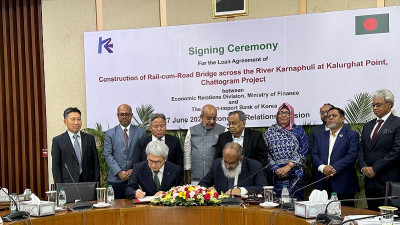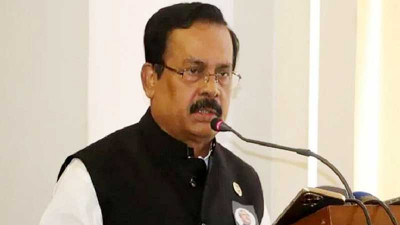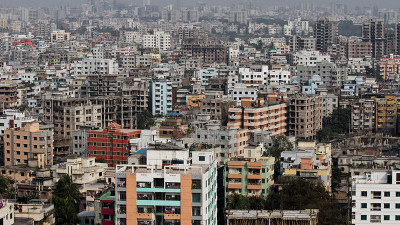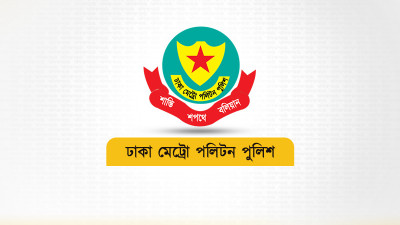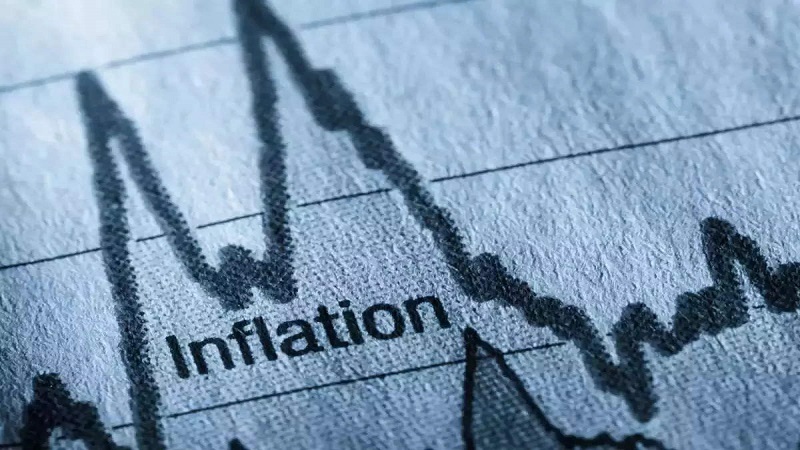 Representational image
Representational image Economists at a discussion on Thursday called for a harmonised policy to address inflation control and maintain growth for a sustainable economy.
They termed the proposed budget for the fiscal year 2024-25 (FY’25) as a budget full of good intentions but has low directions.
They expressed concerns about the government's target of raising private sector investments to 27.3% of GDP from the current 23% amid challenging economic conditions.
The insights emerged at the "Discussion on Proposed Budget for FY 2024-2025" organised by The Research and Policy Integration for Development (RAPID) at the Jatiya Press Club in the capital.
Dr MA Razzaque, Chairman of RAPID, presented the keynote paper, which pointed out that in the first 11 month of FY24, the average inflation rate is already 9.73% and food inflation is more than 10%.
However, the target of reducing the inflation to 6.5% is a challenging one considering the possibilities of further Taka depreciation, continued import control measures, and the overall current macroeconomic situation.
It also said with the current level of inflation of 10% , how it could be possible to achieve the high growth rate set for FY 25 at 6.75%. The paper also termed the 27.3% private investment-GDP ratio target with the current average of 14.5% bank lending rates as unrealistic.
The paper pointed out that the foreign reserves have declined to $18.7 billion (as per BPM6 standards) and are expected to be much lower when measured by the net international reserve (NIR) metric.
A challenging revenue collection target of Taka 4,80,000 crore for the NBR has been set and the Revenue authority will have to achieve a 37 percent growth to do so, the paper said.
The financial sector exhibits concerning trends, including rising non-performing loan (NPL) ratios and suboptimal operational efficiency.
While speaking as the chief guest, Prime Minister's Economic Affairs Adviser Dr Mashiur Rahman said that inflation is not uniform across sectors, highlighting the importance of food security and advocating for lower or no taxes on unprocessed food to ensure affordable prices for the population.
He said the budget mainly focused on three topics including macroeconomic stability, loan management, and mid-term fiscal planning.
BIDS director general Dr Binayak Sen while speaking as guest of honour said the government has taken a policy of adjustment based on global and internal conditions.
He pointed out that collective steps have been taken including exchange rate review, interest rate control withdrawn and fiscal expenditure.
Dr Sen also expressed his slight concern over the universal pension scheme, saying that there was a problem from the demand and supply sides regarding the pension scheme.
“The government should think about it again, ” he added.
Shams Mahmud, BGMEA Director, stressed the crucial role of the garment sector in the economy. He noted that while the sector has received incentives and performed well in exports, broader macroeconomic stability remains a concern.
He also pointed out that seven to eight importers are now mainly involved in importing commodities in the country when hundreds of traders were earlier engaged in that in Khatungonj, Chattogram.
“So, we should find out the problem with the newer system of imports whether it is causing higher prices or not, ” he added.
Dr M Abu Yousuf, Executive Director of RAPID, pointed out the necessity of raising the tax net. He emphasized that the government should take LDC graduation seriously to prevent macroeconomic weaknesses.
He advocated for an expanded tax net and suggested that the National Board of Revenue (NBR) collaborate with city corporations to identify 10 million new taxpayers.
Dr Yousuf also said with restrictive monetary policies, the government could not raise investment which is now key for sustainable development.
He said a balanced approach is needed to manage inflation and stimulate economic activity.
President of DCCI Ashraf Ahmed expressed his concerns over reducing inflation through raising interests.
He suggested monetary policy and other macroeconomic policies should be taken in a harmonised way.
Ashraf also echoed that of Dr Yusuf over expansion of the tax net rather than to raise taxes over existing taxpayers.
President of Foreign Investors’ Chamber of Commerce & Industry (FICCI) Zaved Akhtar also spoke, among others.


